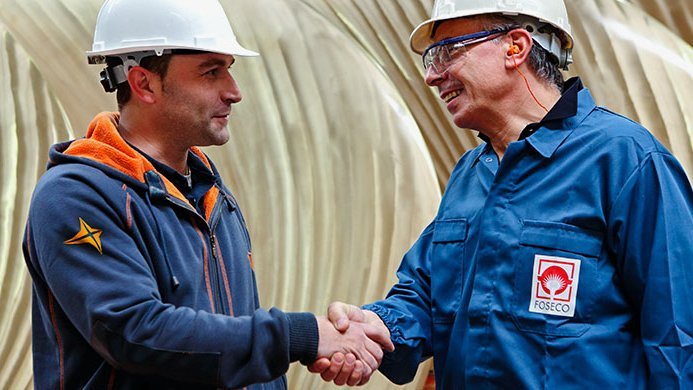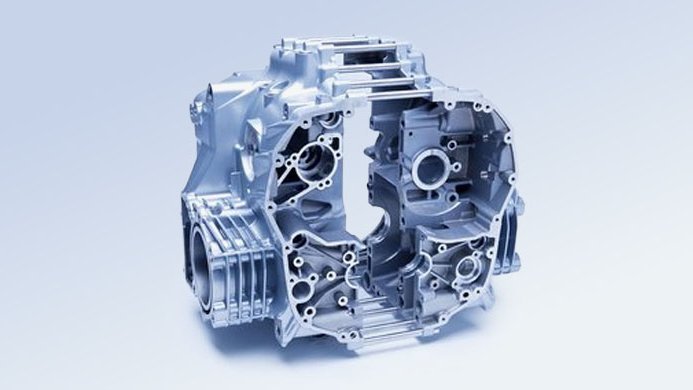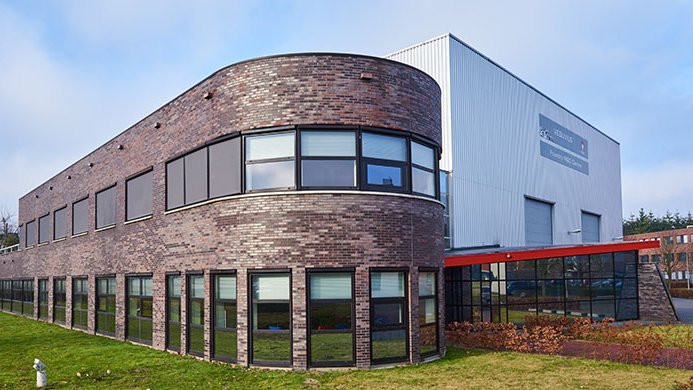Liquid metal penetrates the pores of the sand mould or core giving a rough surface to the casting.
The degree of penetration is dependent on:
- metallostatic pressure: penetration is most severe in the lower parts of the casting and with high density metals such as iron and steel
- dynamic pressure: most severe where the metal stream impacts on the mould or core
- pore size of mould or core surface: open pores arise from the use of coarse sand or sand with poor grading, or from poorly compacted sand, due to imperfect core blowing or the use of sand having a high viscosity binder or one which has exceeded its correct work time
- sand expansion: stresses can form in the bonded sand due to differential thermal expansion, this can lead to the formation of mould or core surface cracks allowing ingress of molten metal (finning or veining).
A refractory coating on the mould or core can reduce or eliminate metal penetration.





